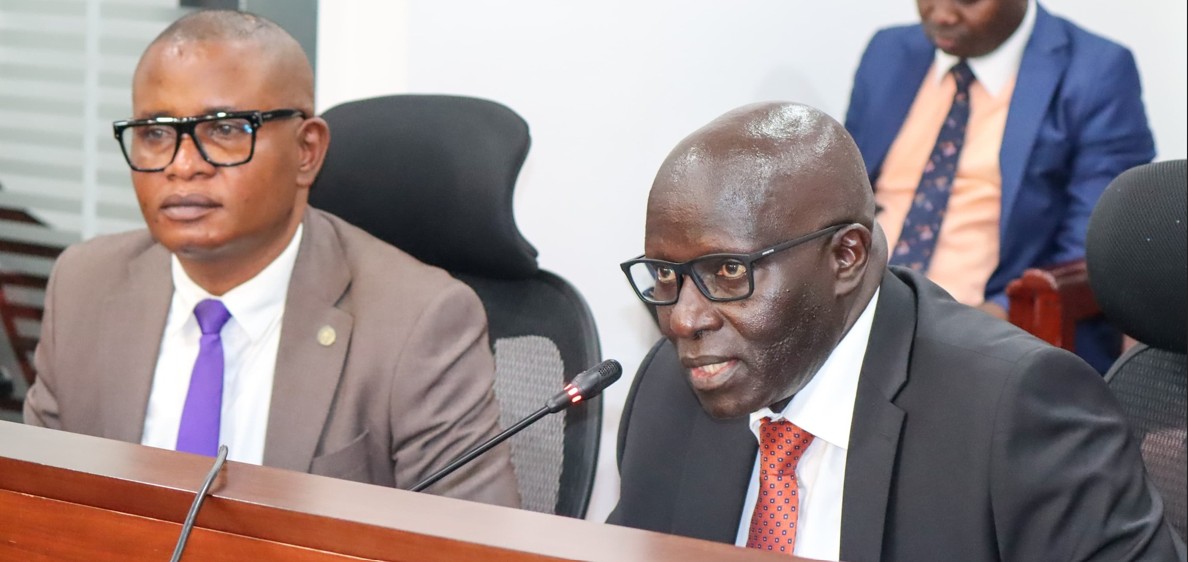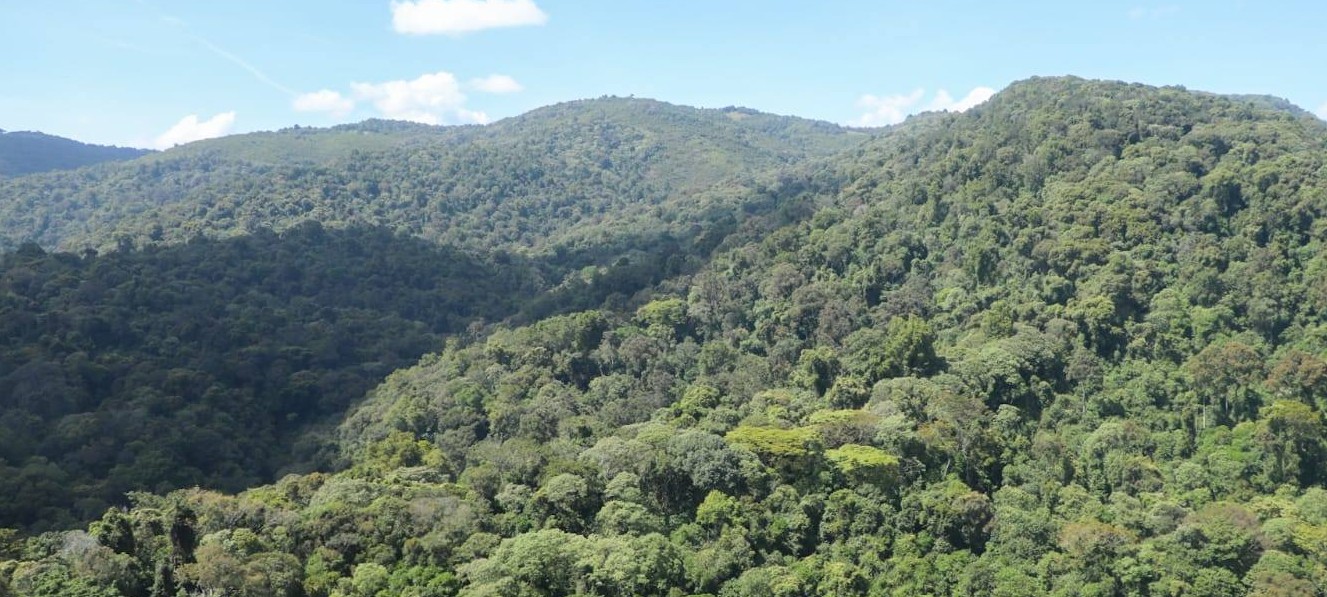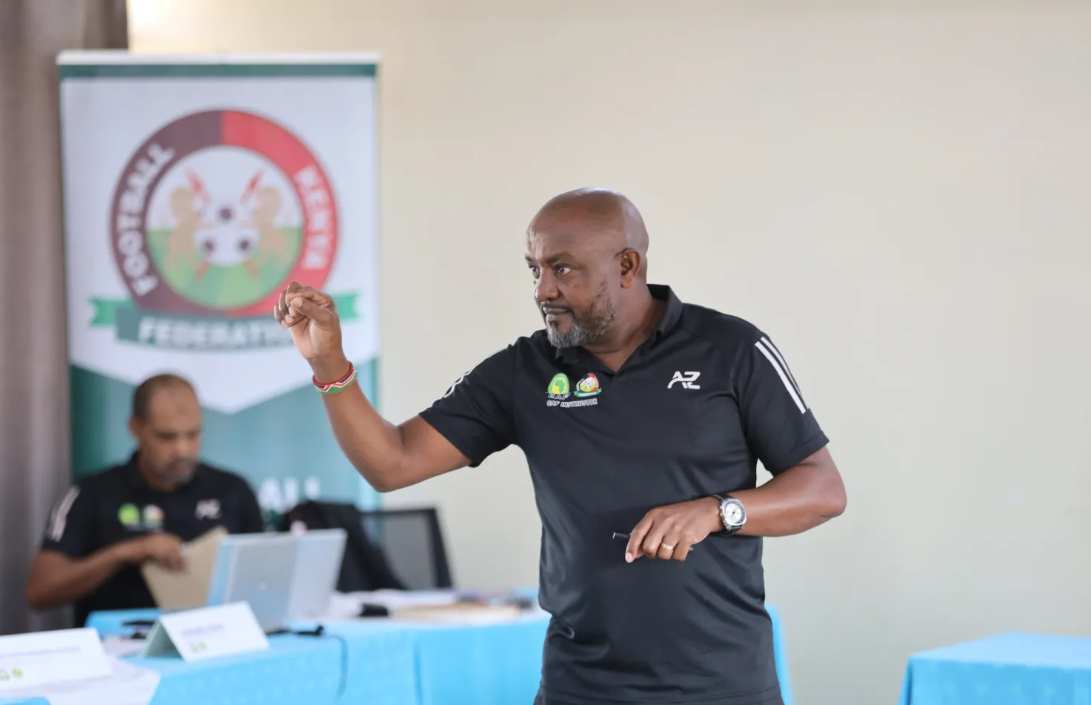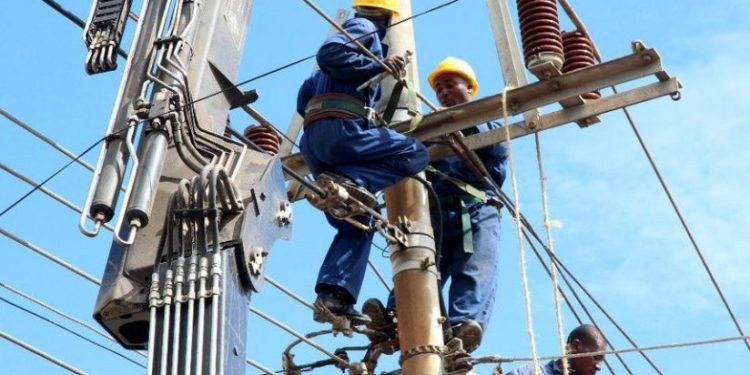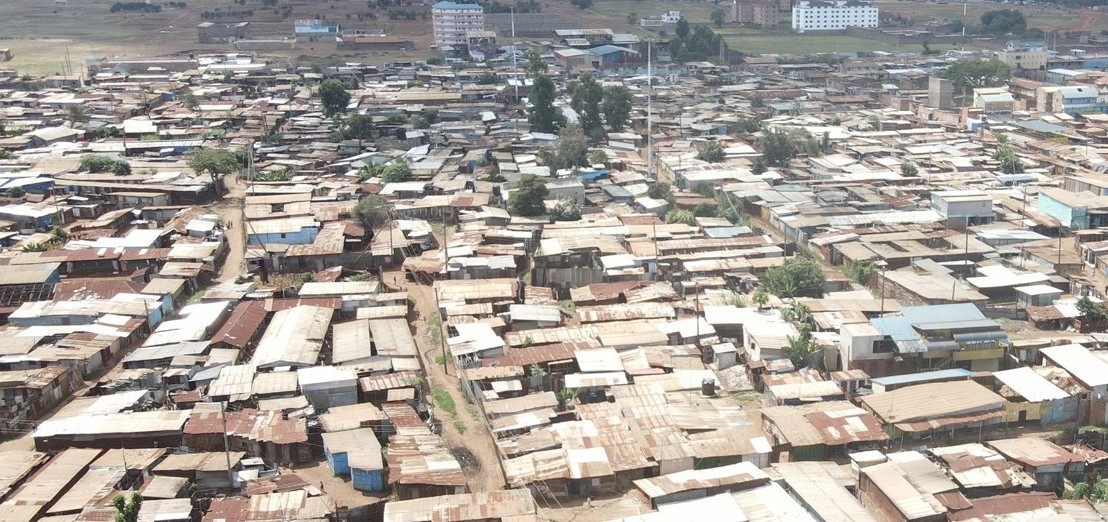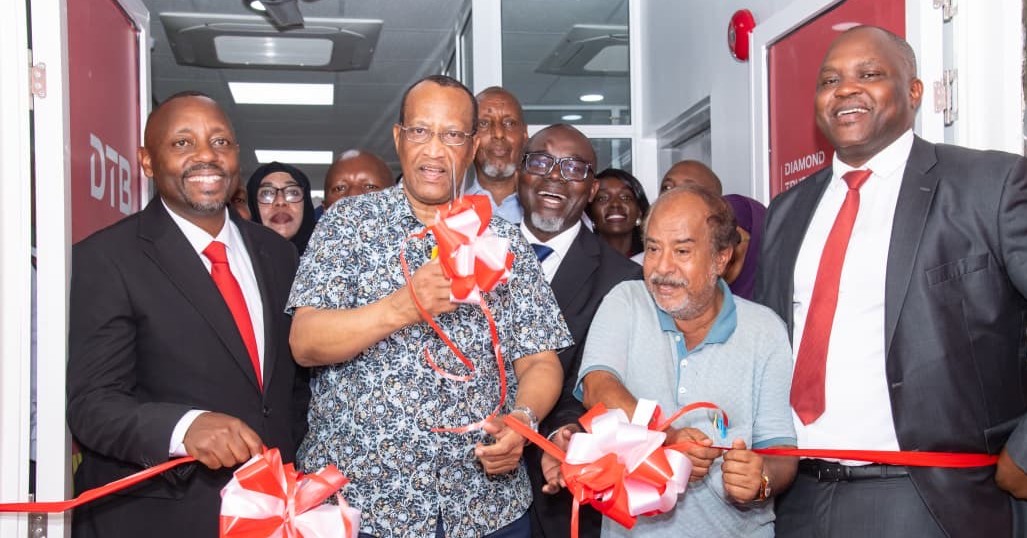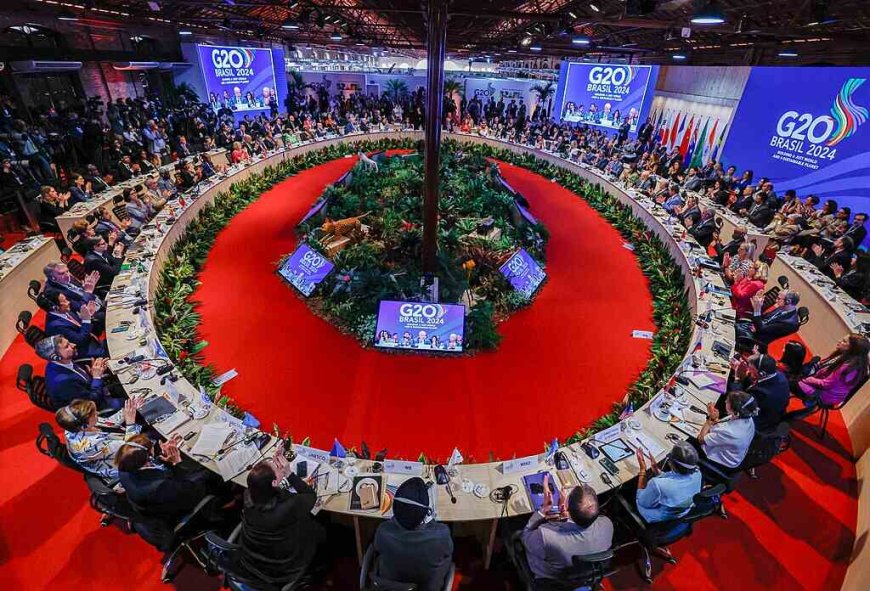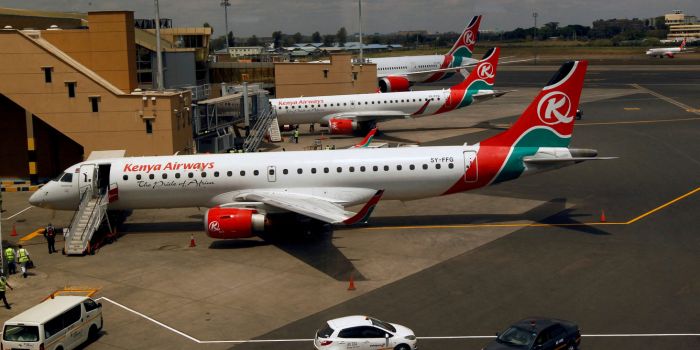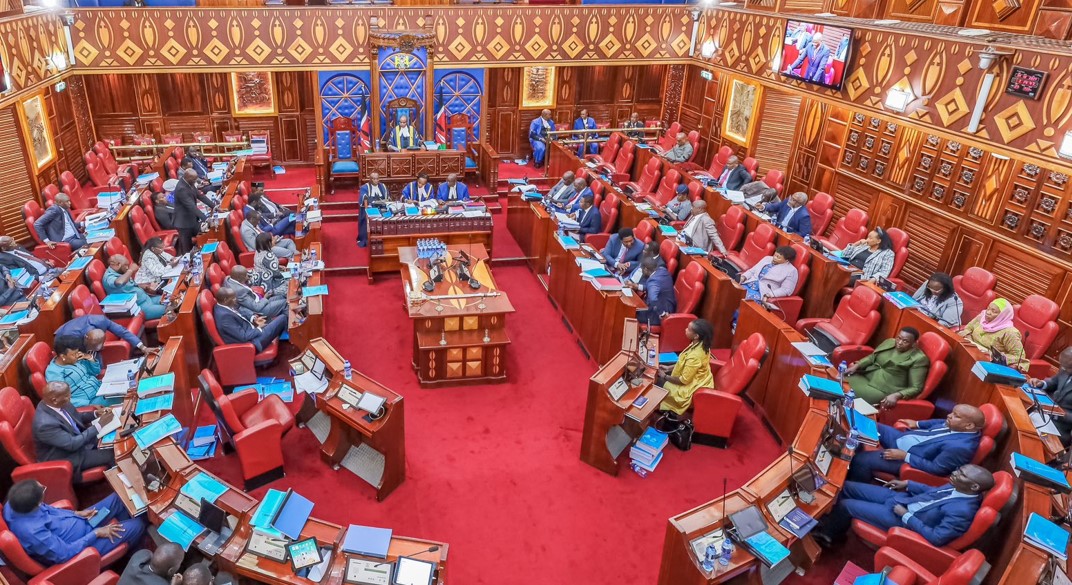Audit exposes confusion over control of Sh5 billion Lamu Port
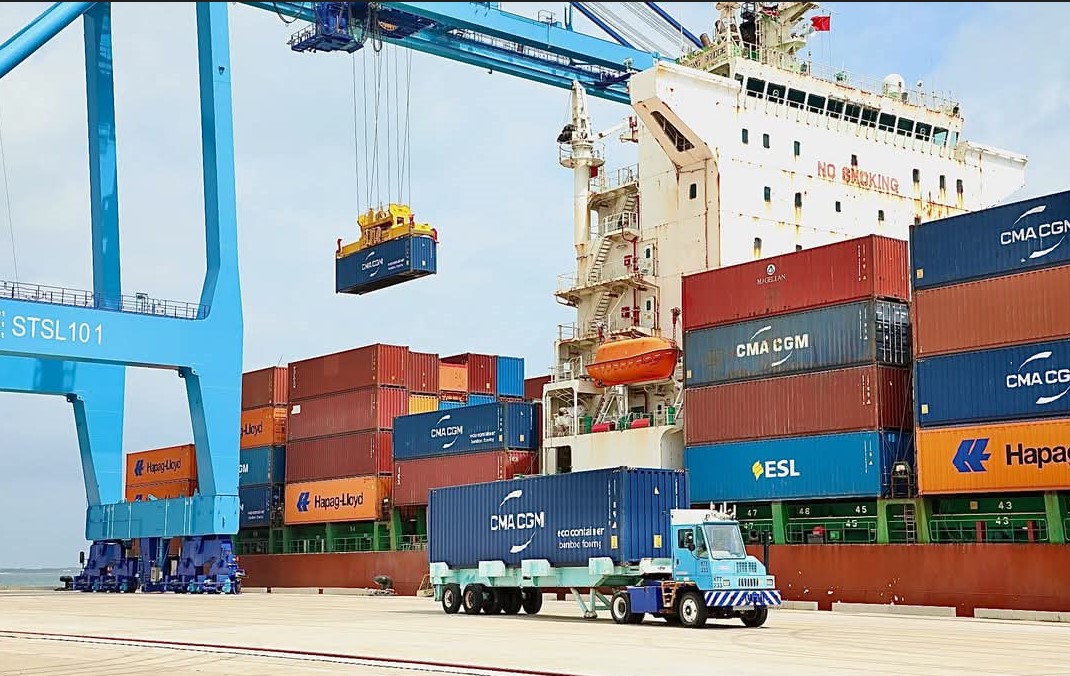
Lamu Port-South Sudan-Ethiopia Transport (Lapsset) Corridor Development Authority occupies large areas, including residential apartments, office spaces, and a police station.
Tension is rising over control of the Sh5 billion Lamu Port as the Auditor General highlights a lack of clarity on which agency should oversee the facility.
The latest audit shows multiple government departments and private companies are operating within the port without formal agreements defining management or ownership responsibilities.
More To Read
- Government shifts cargo clearance to Nairobi, Naivasha in bid to decongest Mombasa Port
- Auditor General warns Kenya Railways’ Sh569 billion loan default could burden taxpayers
- Two new multipurpose vessels arrive at Mombasa Port to enhance marine operations
- Audit uncovers Sh13 billion irregularities in Ketraco wayleave payments
- Garissa landowners invited to public hearing over LAPSSET Corridor acquisition
- 20 firms fined Sh2.2 billion for failing to remit unclaimed financial assets
The report covering the financial year ending June 30, 2024, indicates that the Lamu Port-South Sudan-Ethiopia Transport (LAPSSET) Corridor Development Authority occupies large areas, including residential apartments, office spaces, and a police station.
At the same time, other institutions, both public and private, have taken up offices within the port’s administration block.
These include the Kenya Ports Authority (KPA), Kenya Maritime Authority, Kenya Coast Guard Service, Express Shipping and Logistics, and Seaforth Ship Agency Experts East Africa.
Auditor General Nancy Gathungu warned that the unclear allocation of authority could lead to disputes over property and compromise the success of the project.
“There is a lack of clarity on the responsibilities of the different stakeholders of the corridor,” she said.
The report also pointed out that weak internal controls may allow mismanagement and jurisdictional conflicts, undermining public trust in the mega project.
The audit noted that budget allocations for LAPSSET projects were directed straight to implementing agencies rather than coordinated centrally.
For example, funds for port construction were sent to KPA, while road projects received funding through the Kenya National Highways Authority.
The review further exposed governance and financial lapses at the LAPSSET Corridor Development Authority.
Among the violations, employee salaries were found to exceed legal limits, consuming 64 per cent of the authority’s revenue, almost double the 35 per cent ceiling set by public finance regulations.
Slow progress in port-related infrastructure was another major concern. While the first three berths at Lamu Port are operational, full cargo handling remains hampered by incomplete roads and transport links.
Key highways, including Lamu-Ijara-Garissa-Isiolo and Isiolo-Maralal-Lokichar, are either partially finished or have not started, limiting the port’s functionality and efficiency.
The Auditor General emphasised that without urgent reforms to clarify roles, improve financial controls, and accelerate infrastructure development, the LAPSSET corridor’s viability could be seriously threatened.
Top Stories Today
